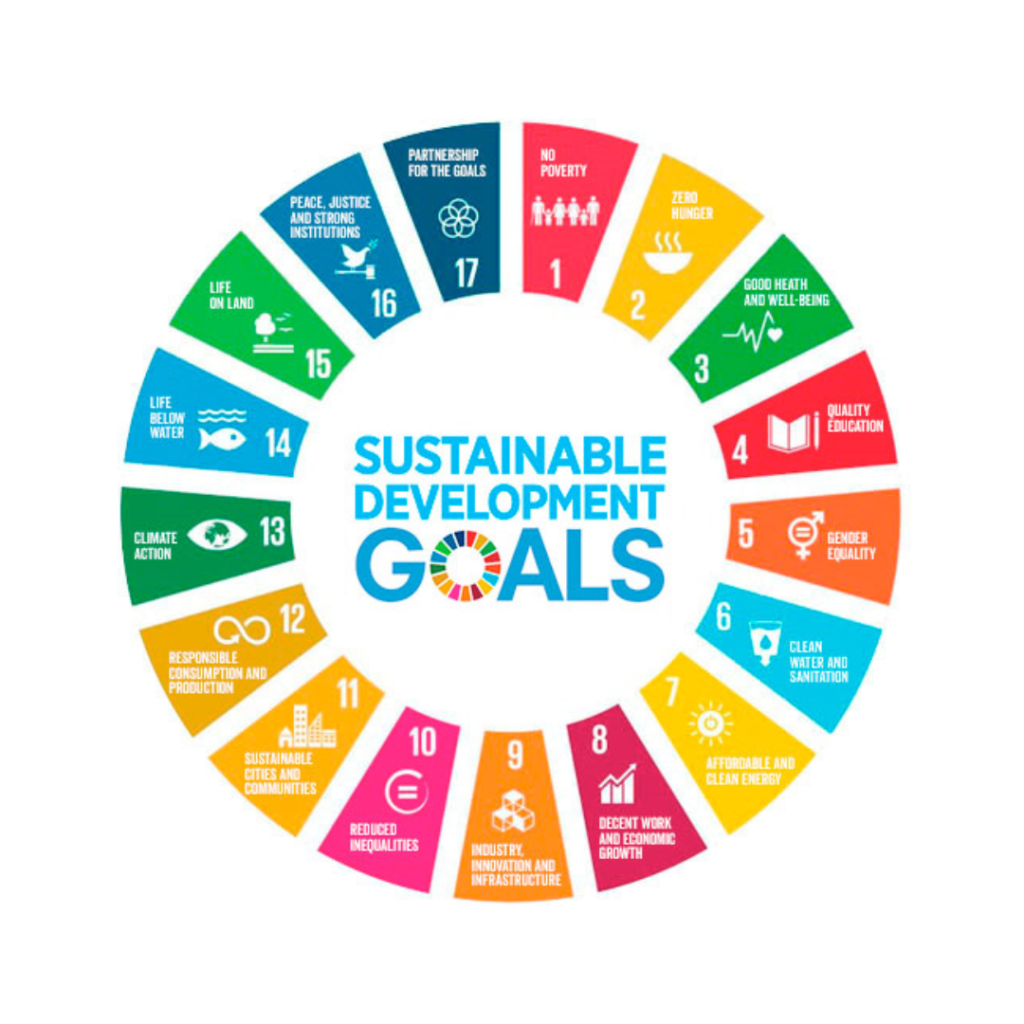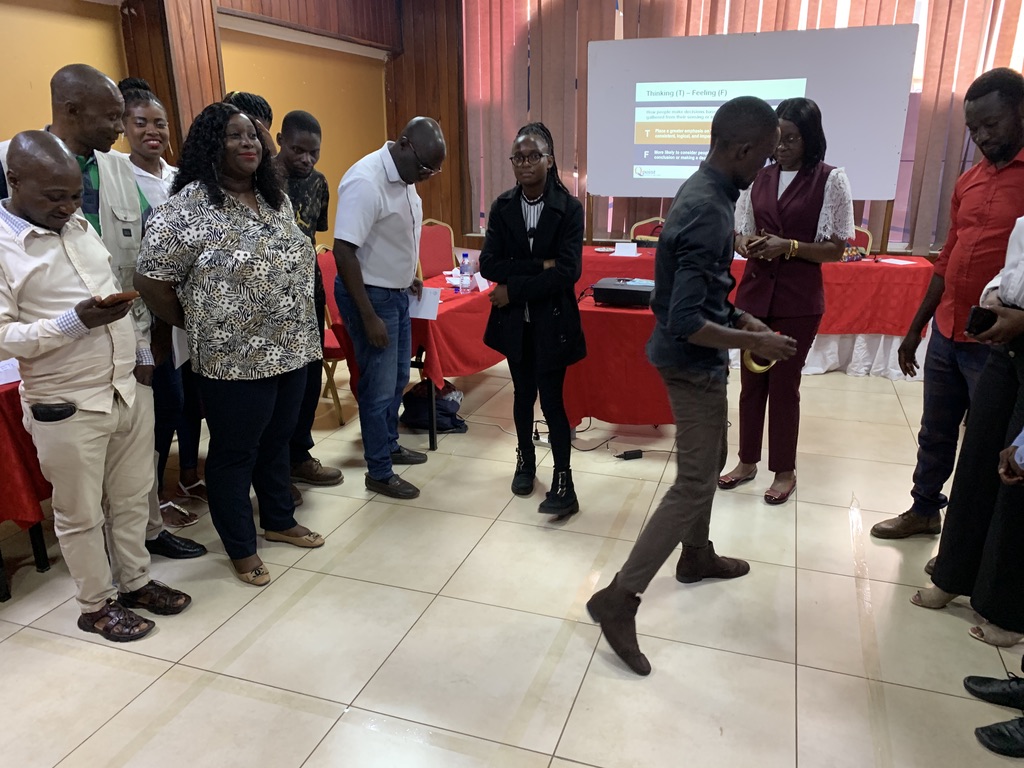The involved institutions
THE INVOLVED INSTITUTIONS
Centro de Investigação e Transferência de Technologias para o Desenvolvimento Comunitário (CITT)
The Centro de Investigação e Transferência de Tecnologias para o Desenvolvimento Comunitário (CITT) conducts research and community development across six delegations, focusing on smart agriculture, nutrition, gender equity, entrepreneurship, and community engagement. Their efforts include conservative agriculture to reduce environmental issues and nutrition workshops in regions with high malnutrition rates. CITT also supports youth incubation in agriculture and faces challenges, particularly for girls leaving home during the process. Despite community engagement efforts, adoption remains challenging.
Zambezi University (UniZambeze)
The Faculty of Environmental Engineering and Natural Resources (FEARN) at UniZambeze, located in Chimoio, Manica Province, offers courses in Environmental Engineering and Agricultural and Environmental Engineering. FEARN aims to combat malnutrition by training its lecturers in nutrition education to address the paradox of high agricultural production and undernourished children in the province. This training will enable FEARN to implement nutrition education projects in rural communities, addressing undernourishment in rural Mozambique.
context
BACKGROUND: COMMUNITY ENGAGEMENT IN MOZAMBIQUE
Mozambique is vulnerable to threats in climate change and conservation. Due to its geographical location and long coastline, Mozambique must contend with successive flooding and droughts. So there’s a need to train extension workers in sustainable and resilient practices that can help the communities come across diverse climate disasters. And also the need to know how to select commodities that are resistant and that can be processed to be consumed during the crisis periods.
Gender imbalances in agricultural access and decision-making exacerbate vulnerability, necessitating inclusive gender training and support for women and youth in business.
There’s a need to reinforce the gender training for communities to understand the importance of working on inclusiveness and gender balance regarding access to opportunities (including awareness in the field of climate change, climate smart agriculture and regenerative farming). Besides, there’s a need to develop skills and tools to support women and youth to be successful in business.
CITT in Mozambique faces these challenges as well due to a young workforce lacking expertise in impactful research, community outreach, and technology related to smart agriculture, sustainability, nutrition, gender equity, and enterprise development.

Project goal and outputs
This project will focus on the Country Focus theme Food and Nutrition Security (FNS) with focus on nutrition, job creation and gender equity.
This training emphasizes ecologically sustainable food systems with a focus on socio-economic, environmental, and food security outcomes. It promotes nature-positive agriculture, enterprise development, nutrition education, gender equity, and community engagement, particularly in the malnutrition-prone Manica region. Participatory approaches are vital for promoting sustainable agriculture and diversified diets
Our expectation with the TMT is to increase our knowledge and skills to deliver information to the communities and perform participatory research. Thus, we hope that TMT will deliver trainings in the best approaches and methodologies related to the topics mentioned above. Subjects included are:
- Climate smart and sustainable agriculture (regenerative farming);
- Nutrition and health education;
- Gender equity and gender sensitive issues;
- Entrepreneurship and business incubation; and
- Community engagement.
It translated into three training packages:
- WP1: Nature positive farming systems linked to demonstrations and experiments with the community.
- WP2: Nutrition education linked to gender, diversifying farming systems an diets, extension and participatory research
- WP3: Entrepreneurship and incubation

Relevant Sustainable Development Goals (SDGs)
End hunger, achieve food security and improved nutrition and promote sustainable agriculture (SDG 2 Zero Hunger). The Long-term impact is defined as follows:
- End all forms of malnutrition;
- Promote agricultural growth;
- Ecologically sustainable food systems.

Client
Funded by the Dutch Ministry of Foreign Affairs and managed by Nuffic, as part of the Orange Knowledge Programme, project number OKP–TMT–23-00043.
Duration
Juli 2023 – juni 2024
















